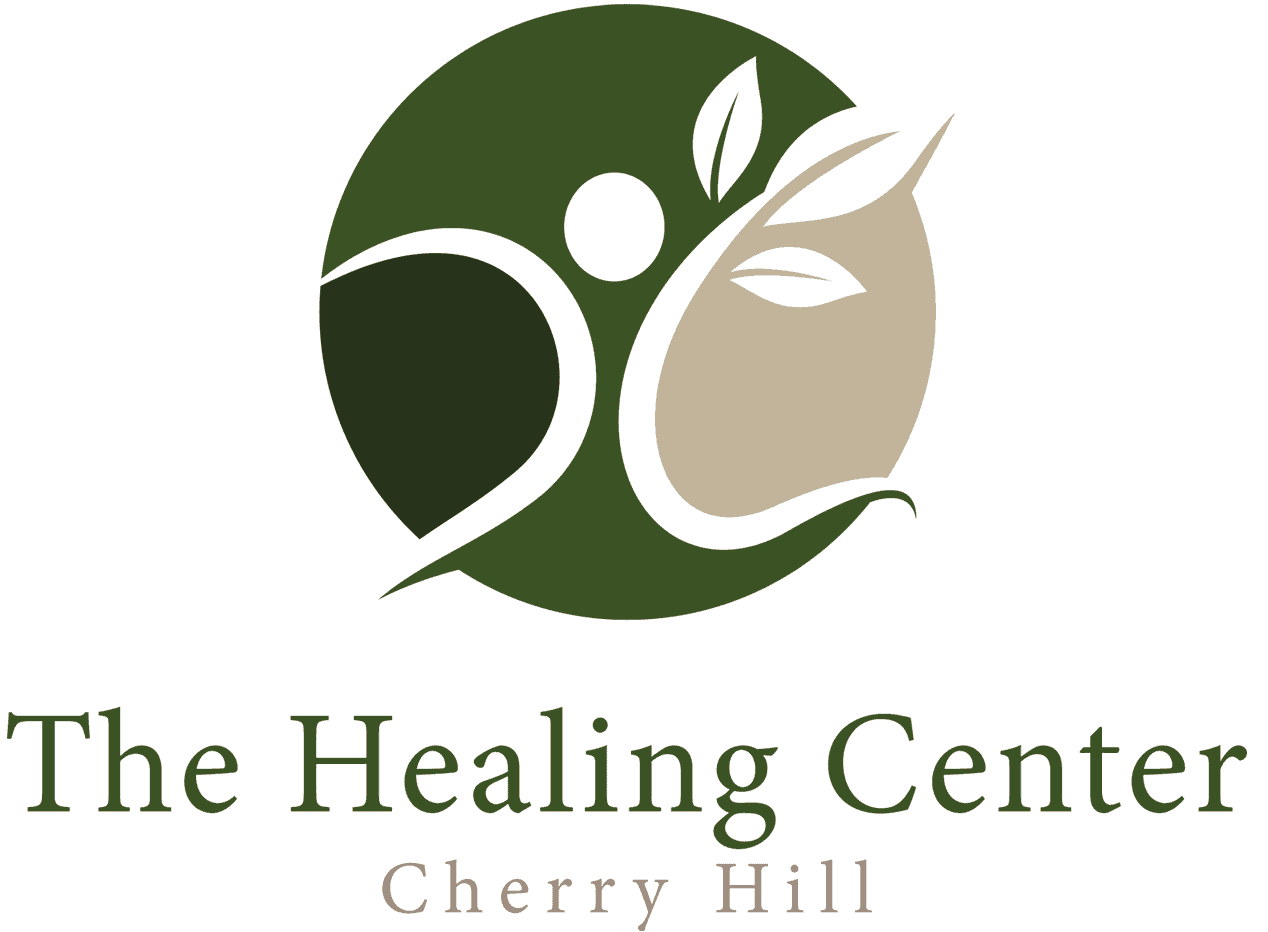In today’s fast-paced world, anxiety has become increasingly prevalent, affecting millions of people worldwide. It is a natural response to stress, but when it becomes chronic and overwhelming, it can significantly impact an individual’s quality of life. Recognizing the signs and symptoms of anxiety is crucial for early intervention and seeking appropriate support. In this article, we will explore the common signs and symptoms of anxiety, empowering individuals to identify and address this mental health condition.
What Are The Signs And Symptoms Of Anxiety?
Anxiety can impact every single facet of an individual’s life. Some of the signs and symptoms of anxiety are physical, while others are emotional and psychological. If you or a loved one are struggling with symptoms of anxiety, then getting help is extremely important. Untreated anxiety can develop into severe panic disorders. The Healing Center provides mental health treatment in NJ that can address anxiety and help individuals learn how to manage these symptoms and get back to enjoying their everyday life.
Below are some of the most common signs and symptoms of anxiety.
Persistent Worry and Restlessness
One of the primary signs of anxiety is persistent worry. Individuals with anxiety often experience excessive and uncontrollable thoughts about various aspects of their lives, such as work, relationships, or health. This worry may lead to a sense of restlessness, making it difficult for them to relax or concentrate on tasks. They may also feel irritable, on edge, or constantly on guard, anticipating the worst-case scenario. Furthermore, these worries may turn into compulsions or fixations that interrupt an individual’s ability to complete everyday tasks or disturb their general enjoyment in life.
Physical Symptoms
Anxiety not only affects mental well-being but also manifests in physical symptoms. These can include rapid heartbeat, chest tightness, shortness of breath, sweating, trembling, or dizziness. Some individuals may also experience gastrointestinal issues like stomachaches, nausea, or diarrhea. The physical symptoms of anxiety can often be misinterpreted as signs of a medical condition, leading to further distress.
Sleep Disturbances
Anxiety frequently interferes with sleep patterns, causing difficulties falling asleep, staying asleep, or experiencing restful sleep. Insomnia can exacerbate anxiety symptoms, creating a vicious cycle where lack of sleep increases anxiety levels, and anxiety, in turn, disrupts sleep. These sleep disturbances can significantly impact overall well-being, energy levels, and cognitive function.
Social Withdrawal and Avoidance
People with anxiety may find social situations challenging and overwhelming. They may feel self-conscious, fearing judgment or embarrassment, leading to social withdrawal or avoidance of gatherings and public spaces. This can lead to feelings of isolation and loneliness, further intensifying anxiety symptoms.
Panic Attacks
Panic attacks are intense episodes of overwhelming fear or discomfort. They can occur suddenly and without warning, often accompanied by physical symptoms such as a racing heart, chest pain, trembling, sweating, and a sense of impending doom. Panic attacks can be distressing and may cause individuals to avoid situations that they associate with the occurrence of such attacks.
Cognitive Symptoms
Anxiety can profoundly affect cognitive functioning, leading to a range of symptoms. Individuals may experience difficulty concentrating, memory problems, and indecisiveness. They may also have a heightened sense of alertness, constantly scanning for potential threats or dangers, making it challenging to focus on daily tasks.
Irrational Fears and Phobias
Specific phobias or irrational fears can accompany anxiety disorders. These fears are disproportionate to the actual threat posed by the feared object or situation. Common examples include fear of heights, spiders, flying, or crowded spaces. Phobias can significantly impact an individual’s ability to engage in everyday activities, leading to avoidance behaviors.
Muscle Tension and Physical Discomfort
Anxiety often leads to persistent muscle tension, particularly in the neck, shoulders, and jaw. This can result in headaches, back pain, or general physical discomfort. The constant muscle tension can also contribute to feelings of fatigue and exhaustion, further exacerbating anxiety symptoms.
How To Get Help For Anxiety
Recognizing the signs and symptoms of anxiety is essential for understanding and addressing this mental health condition. If you or someone you know experiences persistent worry, restlessness, physical symptoms, sleep disturbances, social withdrawal, panic attacks, cognitive difficulties, irrational fears, or muscle tension, it may indicate an anxiety disorder. Seeking support from mental health professionals, such as therapists or counselors, can provide relief and treatment for these symptoms.
The Healing Center provides a mental health treatment program in NJ that specializes in the treatment of anxiety disorders. Our licensed mental health professionals understand the toll that mental health illnesses can take. Thus, we provide a wide variety of treatment modalities in order to address both the symptoms and underlying causes of anxiety. If you or a loved one is struggling with anxiety, then contact our admissions team today.







